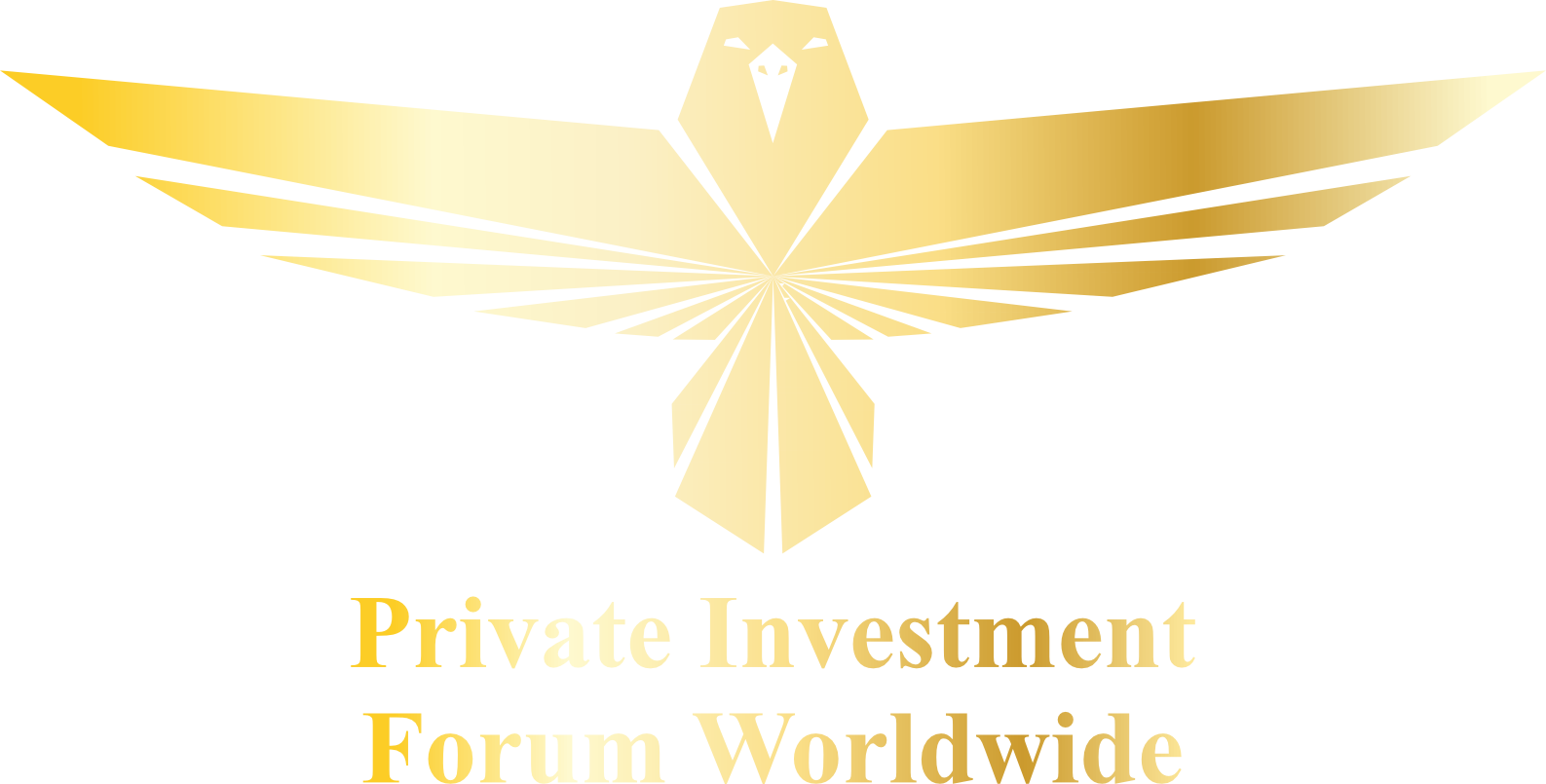
Executive Summary:
First impressions are crucial in the business and investment sector, significantly affecting an individual’s reputation and professional opportunities. Reputation, built over time, can be quickly tarnished by mistakes. Balancing strengths and weaknesses, respecting others and engaging in effective networking are key strategies for maintaining a positive image in the industry.
Fragility of Reputation – Explores the volatile nature of reputation, illustrating how quickly it can be compromised through mishaps and its profound impact on market value and professional standing. Read more.
The Complexity of Reputation – Examines the complex interplay of strengths and weaknesses in forming professional reputations and their influence on collaboration and partnership decisions. Read more.
Personal Behavior’s Role in Investment Dynamics – Underscores the significant effect of individual conduct on professional opportunities and relationships, highlighting the necessity of integrity and respect. Read more.
Networking – The Keystone For Driving Growth – Discusses the essential function of networking in enhancing and maintaining professional reputation and its critical contribution to career progression. Read more.
Article:
Introduction
It takes only 7 seconds to make an impression and it is almost impossible to change ‘snap judgments’ after they were formed. In the investment realm, one’s reputation is a pivotal element that shapes the trajectory of careers and the breadth of networking opportunities. The saying, “You never get a second chance to make a first impression,” holds unparalleled significance in the fast-paced, interconnected world we navigate. First impressions can indelibly mark one’s professional image, opening doors to new opportunities or, conversely, erecting barriers that are hard to dismantle. Highlighting the paramount importance of reputation, Mohammed Salem, the visionary founder of the Salem Group in Lebanon, encapsulated this sentiment succinctly at a recent Global Investment Leaders Club (G.I.L.C.) event, stating, “Reputation is everything. And this is the main headline in any company that we’re part of, in any company that we even come across.” Building on this foundation, this article will delve into the fragility and dual nature of reputation, how personal behavior influences professional opportunities and the pivotal role of networking in determining one’s path to success or failure.

“My experience with the Club has been nothing short of positive, filled with eye-opening discussions and the chance to meet amazing individuals. It’s a global forum that provides insight into investment opportunities worldwide, facilitating engaging conversations and new connections at every session. The Club is a place where learning and networking go hand in hand, enriching the professional and personal lives of its members.“
– Mohammad Salem, Founder at Salem Group, UAE
1- The Fragility of Reputation
Creating a strong reputation is a long journey, requiring years of consistent effort and positive actions. However, this hard-earned status can be quickly threatened by just a few mistakes. Lisa Morris, Managing Director at AKS Family Partners in the US, captures the essence of this precarious balance with her statement, “A reputation takes years to build and minutes to lose.” The value of a reputation is immense, as it significantly influences a company’s worth.
“A company’s reputation can make up more than a quarter of its market value.”
– from the research of the World Economic Forum
The Volkswagen emissions scandal, also known as Dieselgate, is a stark example of how a reputation can be jeopardized. The discovery that the company manipulated emissions testing data not only led to financial losses but also damaged Volkswagen’s image and trust with consumers worldwide. This incident highlights how deceptive practices can lead to a swift decline in public esteem. Another cautionary tale comes from the financial sector, with Bill Hwang of Archegos Capital Management. His aggressive investment strategies resulted in a massive financial debacle in March 2021, causing substantial losses for several major banks. Archegos’s use of excessive leverage to amplify investments backfired, leading to a forced liquidation of assets. This situation not only harmed Hwang’s personal reputation but also raised questions about risk management practices in banking and investment, affecting the reputational standing of the involved financial institutions. These examples underline the fragility of reputation in the business world. They show that, whether for a global corporation or an individual investor, maintaining ethical standards and transparency is crucial for preserving reputation and trust.

“Being part of the Club has been an enriching journey, filled with the discovery of wonderful people from diverse backgrounds. It has been a source of learning, networking and finding intriguing investment opportunities. The Club has a special way of bringing together like-minded individuals who are passionate about making a difference through their investments. I’ve been a member for over two years now and I’m enjoying my time here.“
– Lisa Morris, Managing Director at AKS Family Partners, US
2 – The Complexity of Reputation
Reputations in the business world are intricate, often a blend of positive and negative perceptions that impact professional relationships and decisions. Individuals and companies are judged based on a mixture of their strengths and weaknesses, with each trait carefully considered by others in the industry. This dynamic suggests that being highly regarded for one quality could be counterbalanced by shortcomings in another area, influencing the decision on whether to collaborate or partner with someone. Warren Buffett’s insightful observation, “It takes 20 years to build a reputation and five minutes to ruin it,” highlights the delicate nature of reputation management. It serves as a reminder that every action contributes to how we are viewed professionally, emphasizing the necessity of actively nurturing and maintaining a positive image.
How to enhance your reputation:
- Embrace humility.
- Show a genuine willingness to listen.
- Extend respect to everyone you interact with, from your direct conversation partners to those around you.
What to avoid:
- Avoid behaviors that can diminish your standing.
- Avoid using name-dropping as a tool to impress.
- Avoid interrupting others during discussions.
- Avoid engaging in self-aggrandizement about your achievements or connections.
During the recent G.I.L.C. Crunch 2024, Mina Nozari, Chief of Staff at LVC Global Holdings, UK, underscored the importance of genuine connections, sharing a poignant example: “I value authentic connections, and first impressions are crucial to me. A notable instance was when someone suggested they could have met with Obama instead of being on time for our meeting. This behavior, which prioritizes flaunting connections over engaging in meaningful interaction, is particularly off-putting. For me, the essence of a potential partnership is not about the high-profile names one can mention but about the capacity to build meaningful relationships and pursue mutual growth.“
In the complex landscape of reputations, having access to direct, unfiltered information from reliable sources is invaluable. The Global Investment Leaders Club (G.I.L.C.) plays an essential role in facilitating such exchanges, offering a secure platform for investors to congregate and share insights via various events and private meetings. This setting enables members to develop a comprehensive understanding of one another, moving beyond initial impressions that may be swayed by the dual nature of reputations. By encouraging open discussions and offering firsthand experiences, the Club helps clarify the complexities surrounding professional reputations, supporting members in making informed decisions about their business dealings. To discover more about joining our upcoming events and benefiting from this extensive network of insights, click here.

“Since joining the Club, I’ve been struck by its distinct sense of intimacy and collaborative spirit, a stark contrast to other groups I’ve been part of. Members are genuinely interested in helping each other grow, devoid of the competition often found elsewhere. This environment has convinced me of the long-term value of being part of such a supportive and dynamic community, where mutual aid is the cornerstone.”
– Mina Nozari, Chief of Staff at LVC Global Holdings, UK
3 – Personal Behavior’s Role in Investment Dynamics
The interplay between personal behavior and professional opportunities cannot be overstated. Character traits and the way we conduct ourselves play a crucial role in shaping our reputation and, by extension, our career trajectory. An illustrative anecdote comes from Lisa Morris, Managing Director at AKS Family Partners, US, who shared her perspective on the matter during a gathering hosted by the Global Investment Leaders Club (G.I.L.C.). Lisa recounted a decisive moment when she opted not to invest in a promising founder due to his disrespectful behavior towards service staff at a restaurant. “A reputation takes years to build and minutes to lose,” Lisa reflected, emphasizing the paramount importance of character in professional relationships. Her decision underlines that beyond being proficient at one’s job, respect and integrity in how one treats others are critical. This sentiment underscores the notion that while professional skills are paramount, the nuances of personal behavior can significantly influence how others choose to interact and collaborate with us.
Supporting this viewpoint, a study highlighted by Forbes revealed that executives who prioritize ethical and effective leadership and personal integrity not only cultivate a culture of trust within their organizations but also achieve higher levels of employee engagement and retention. This finding suggests that the benefits of positive personal and professional behavior extend beyond individual reputation, influencing the broader organizational climate and its success. Lisa’s insights and the corroborating study collectively emphasize the importance of authenticity and ethical conduct in the professional realm. They suggest that while expertise and competence are critical, the nuances of personal interaction and the cultivation of a trustworthy character are equally vital components of a successful career. Such qualities not only endear professionals to their colleagues and business partners but also lay the groundwork for sustainable professional relationships and opportunities.

“My time in the Global Investment Leaders Club has been simply amazing. It’s been a terrific opportunity to meet so many wonderful people, great professionals, leaders and decision-makers, not to mention the unique opportunity that the Club offers to get access to uncensored, unfiltered information about what’s going on around the rest of the world, from a business and investment perspective. The discussions and connections made here have been invaluable, prompting me to explore new sectors and ideas. “
– Anthony Jarrin, President & CEO at The Cannaregio Group, US
4 – Networking – The Keystone For Driving Growth
Networking is fundamental in shaping a professional’s reputation, with every interaction contributing to the mosaic of their professional image. Mohammed Salem of the Salem Group, Lebanon, eloquently expressed this by saying: “The value of a new connection, whether with someone familiar or a recent acquaintance, can be unexpectedly profound.” This statement underscores the unpredictable yet invaluable nature of networking, highlighting how crucial encounters can emerge in any setting, influencing one’s reputation positively. Being active and visible in professional networks is more than a social endeavor; it’s a strategic necessity for those looking to bolster their professional standing. Forbes emphasizes that visibility within one’s industry can transform into numerous opportunities, such as recognition as a subject matter expert, invitations to speak at events and other forms of professional accolades. These moments of recognition serve to solidify one’s reputation as a leader in their field.
Furthermore, the exchange of ideas, advice and expertise within these networks is immensely beneficial. The Harvard Business Review points out the importance of these exchanges for enhancing an individual’s professional capabilities and, consequently, their reputation. Networking provides a unique platform for accessing a wealth of information and support that can significantly impact career development. The Global Investment Leaders Club exemplifies how strategic networking can foster professional growth and reputation enhancement; through the many gatherings and one-on-one meetings, the Club offers its members unparalleled opportunities to meet, interact and learn from each other. These events are designed to encourage the sharing of knowledge and experiences, enabling members to build and maintain a positive reputation within their professional community. To attend one of our future gatherings, check our schedule and register here.

“I’ve had the privilege of being a member of the Global Investment Leaders Club for more than three years, and it’s been a truly rewarding experience. Of all the platforms I’ve been involved with, this Club distinguishes itself with its unique and welcoming environment. The deep trust and camaraderie among members truly set it apart.“
– Ambuj Mathur, Managing Partner at Indite Ventures LLP, India
Conclusion
In the intricate world of business, reputation is paramount, serving as a pivotal factor in shaping professional success and the expansion of networks. Insights from industry leaders and real-world examples illuminate that a reputation founded on ethical conduct, transparency and genuine interaction is crucial. The delicate balance of reputation demands constant vigilance and ethical integrity, while its dual nature calls for nuanced management. Networking is essential, providing opportunities to enhance visibility, share knowledge and forge meaningful connections that influence one’s career path. The journey to maintain a positive reputation is an ongoing process, requiring a commitment to ethical standards and proactive engagement within the professional community.











